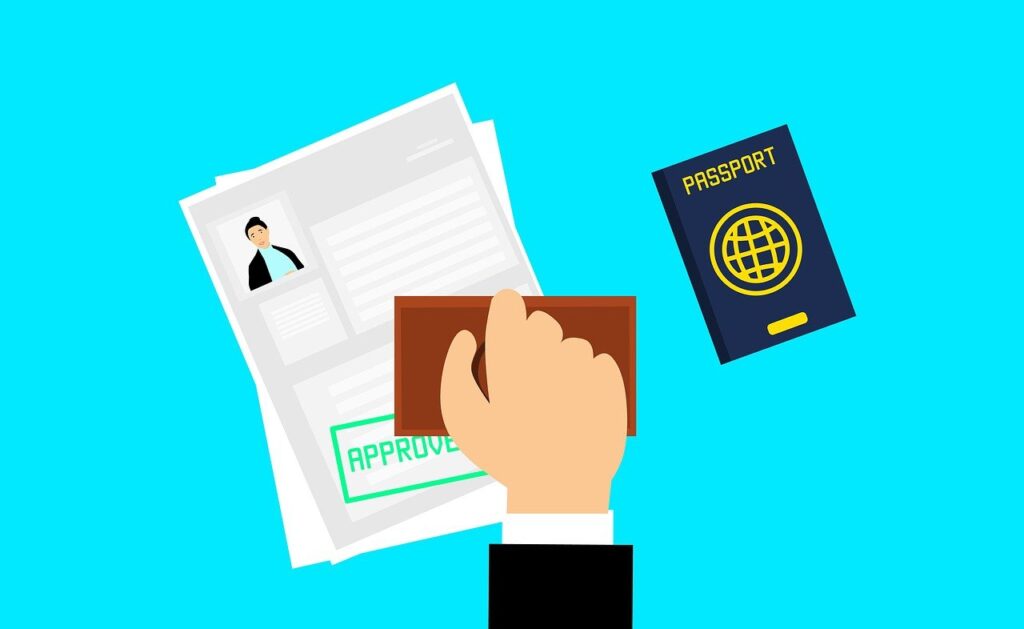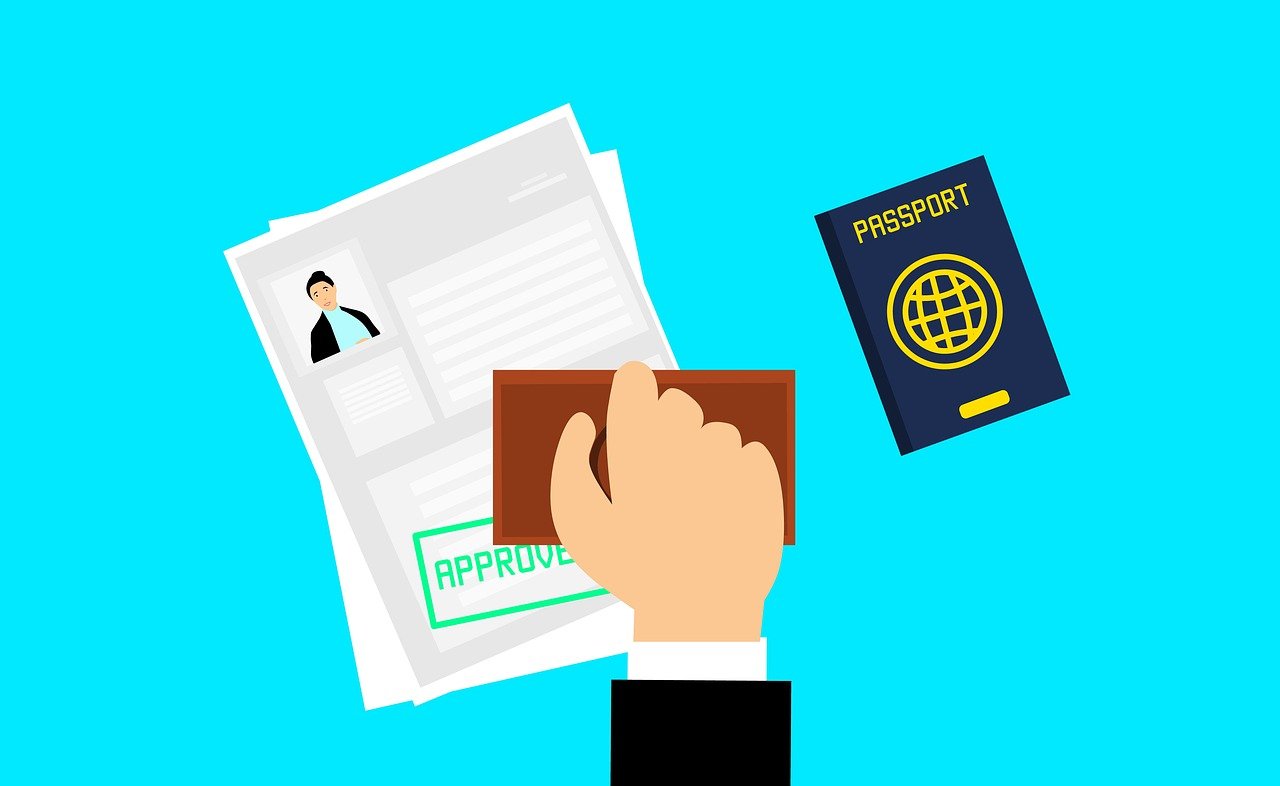
Applying for a visa can be a complicated and time-consuming process. A single error might result in delays, rejections, or even restrictions from entering your desired country. Whether you are applying for a vacation, work, student, or permanent residency, you must avoid typical errors to guarantee a successful process.
In this guide, we will discuss the most common mistakes applicants make and provide tips on avoiding them.
- Providing Incomplete or Incorrect Information
One of the most common mistakes in visa applications is providing missing or incorrect information. Authorities verify every information submitted, and even minor inconsistencies can result in rejection.
How to avoid it:
Double-check all details before submitting your application.
Ensure your passport details, name, date of birth, and other personal information match official records.
If unsure, consult an immigration expert or legal advisor.
- Submitting Inadequate Supporting Documents
Many applicants fail to submit the necessary documents or provide insufficient proof, leading to delays or denials.
How to avoid it:
Review the visa requirements on the official embassy or consulate website.
Make a checklist of all required documents.
Provide clear and legible copies of documents, ensuring they meet the specified format.
- Applying for the Wrong Visa Category
One typical error that might result in rejection is selecting the incorrect type of visa. There are particular requirements for each type of visa, and choosing the wrong one may cause delays.
How to avoid it:
Understand the purpose of your travel and select the appropriate visa.
Consult immigration experts or visit the embassy website for guidance.
Read eligibility criteria carefully before applying.
- Not Meeting Financial Requirements
To guarantee that applicants can sustain themselves while in the country, the majority of visa applications demand evidence of financial stability. Inadequate financial evidence leads to the rejection of many applications.
How to avoid it:
Provide sufficient bank statements, proof of income, or sponsorship letters.
Maintain a healthy bank balance for at least three to six months before applying.
If sponsored, ensure the sponsor’s financial documents are in order.
- Failure to Justify Purpose of Travel
A vague or weak statement of purpose (SOP) can lead to visa rejection. Authorities need to understand why you are visiting and whether you intend to return.
How to avoid it:
Clearly state the purpose of your visit in your application.
Provide an invitation letter (if applicable) or other supporting documents.
Ensure your travel itinerary aligns with your stated purpose.
- Ignoring Visa Processing Time
Visa processing times vary by nation, and applications submitted at the last minute frequently cause travel deadlines to be missed.
How to avoid it:
Apply well in advance, considering potential delays.
Track your application status online if available.
Avoid booking flights or accommodations before receiving visa approval.
- Not Appearing for Visa Interview Properly
Interviews are necessary for many visa applications, and inadequate performance or lack of preparation may result in denial.
How to avoid it:
Research common visa interview questions.
Dress professionally and maintain confidence.
Answer questions honestly and concisely.
- Submitting Expired or Damaged Passport
Interviews are necessary for many visa applications, and inadequate performance or lack of preparation may result in denial.
How to avoid it:
Ensure your passport is valid for at least six months beyond your travel dates.
Replace damaged or mutilated passports before applying.
- Providing False or Misleading Information
In addition to having your visa denied, giving false information or presenting phoney documentation could result in future entry bans.
How to avoid it:
Always provide genuine and accurate information.
Avoid exaggerating financial status or job details.
If there are any discrepancies, clarify them in a cover letter.
- Overstaying Previous Visas
Your new application can be examined or denied if you have previously overstayed a visa.
How to avoid it:
Always adhere to visa validity and exit the country before the visa expires.
Keep records of past visas and entry/exit stamps.
If you overstayed due to unavoidable reasons, provide proper justification with supporting documents.
Conclusion
Applying for a visa requires careful preparation, meticulous paperwork, and close attention to detail. You can greatly increase your chances of getting approval by avoiding these typical blunders. Consider getting expert help from an immigration consultant if you are unclear about any step.
By taking the proper steps, you may ensure that your travel, employment, or educational plans go smoothly and without any problems during the visa application process.

